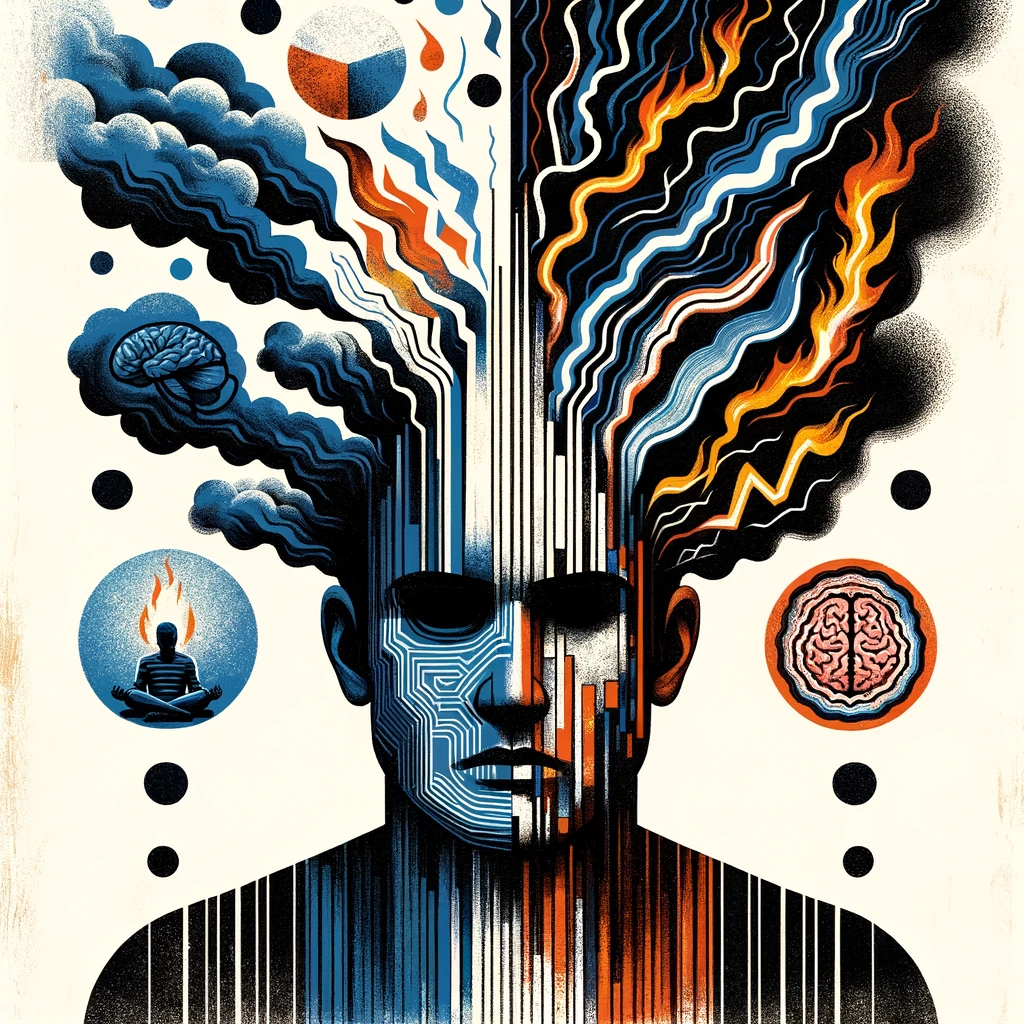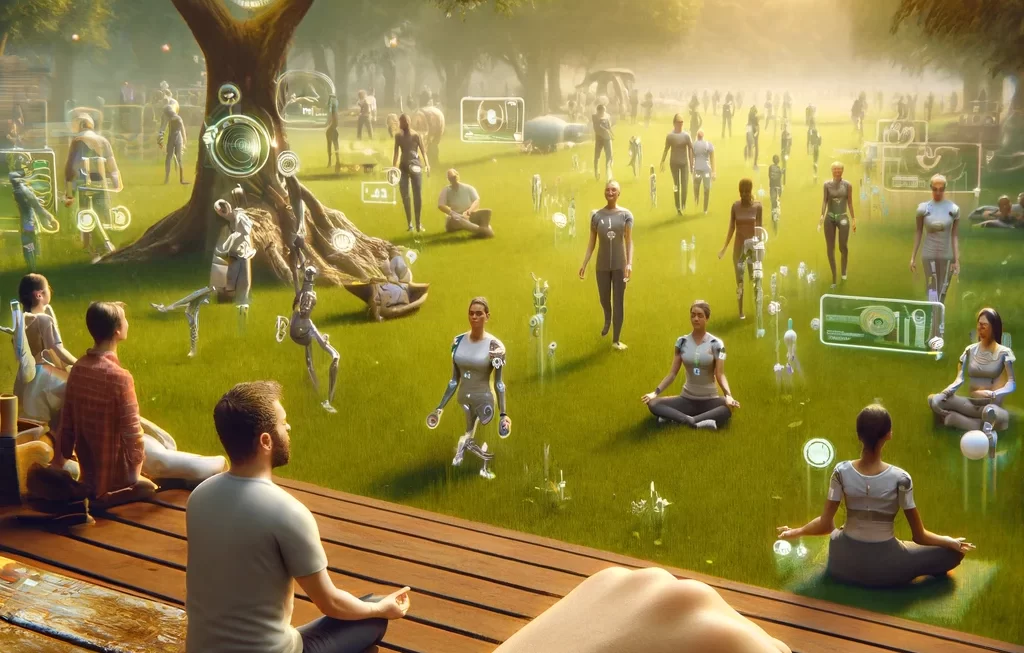Aaj ke samay me, jab lifestyle changes aur global events ki wajah se social isolation zyada common ho gaya hai, loneliness ke nervous system par hone wale asar ko samajhna bahut zaroori hai. Loneliness aur social isolation sirf emotional well-being ko hi nahi, balki nervous system ke structure aur function dono ko significant tarah se affect karte hain. Is article me, hum prolonged loneliness ke neurobiological repercussions ko explore karenge, jo mental aur physical health dono par profound effects dalte hain.
Stress Response System aur Loneliness
Loneliness se sabse zyada affected system body ka stress response mechanism hai, khaaskar hypothalamic-pituitary-adrenal (HPA) axis. Chronic loneliness HPA axis ko overactivate kar sakta hai, jisse cortisol levels, jo ki body ka primary stress hormone hai, badh jate hain. Aise hormonal imbalance se hippocampus aur prefrontal cortex jaise critical brain regions par adversely asar padta hai. Ye regions memory aur emotional regulation ke liye responsible hote hain, aur decision-making aur social behaviors me bhi crucial role play karte hain. Resultantly, cognitive decline aur mental health disorders ke vulnerability me increase hota hai.
Social Isolation ke Karan Brain Structure me Parivartan
Loneliness sirf brain function ko hi nahi, balki structure ko bhi affect karta hai. Research batati hai ki loneliness ke high levels aur hippocampus aur prefrontal cortex me reduced volume ke beech correlation hai. Ye structural alterations loneliness ke saath judi cognitive aur emotional difficulties ko badha dete hain, isolation aur neurodegeneration ka ek vicious cycle create karte hain.
Reward System aur Social Withdrawal
Brain ka reward system, khaaskar ventral striatum, social isolation se significantly impacted hota hai. Is area me reduced activity social interactions se derived pleasure ko kam kar deta hai, depression ke risk ko badha deta hai. Ye dikhata hai ki social connections emotional well-being maintain karne me kitne crucial hain aur social withdrawal ke inherent risks kya hain.
Connectivity aur Cognitive Changes
Loneliness DMN yaani default mode network jaise brain network me bhi changes laata hai, jo self-referential thoughts me involved hota hai. DMN connectivity me alterations increased rumination aur negative self-thoughts par focus ko badha sakte hain, loneliness ke emotional distress ko contribute karte hain.
Autonomic Nervous System Imbalance
Brain ke alawa, loneliness autonomic nervous system ko bhi affect karta hai, jisse sympathetic aur parasympathetic branches ke beech imbalance hota hai. Ye imbalance higher blood pressure aur increased heart rate me manifest ho sakta hai, cardiovascular diseases ka risk badha sakta hai.
Loneliness aur social isolation ka nervous system par asar profound hai, brain ke structure aur function dono ko affecting karta hai. Ye changes ek range ke negative health outcomes ko lead kar sakte hain, jo social connections ke hamare mental aur physical health ke liye importance ko underline karte hain. Society isolation ke challenges se deal karti rahe, ye neurobiological impacts ko samajhna interventions develop karne ke liye crucial hai taaki loneliness ke effects ko mitigate kiya ja sake.
Further Reading
Is topic par aur gehrai se jaanne ke liye, neeche diye gaye articles comprehensive insights offer karte hain:
- Cacioppo, J.T., & Cacioppo, S. (2014). Social Relationships and Health: The Toxic Effects of Perceived Social Isolation. Social and Personality Psychology Compass.
- Eisenberger, N.I. (2013). The pain of social disconnection: examining the shared neural underpinnings of physical and social pain. Nature Reviews Neuroscience.
- Hawkley, L.C., & Cacioppo, J.T. (2010). Loneliness Matters: A Theoretical and Empirical Review of Consequences and Mechanisms. Annals of Behavioral Medicine.
Ye references loneliness nervous system par kis tarah impact dalta hai aur iske effects ko counteract karne ke potential interventions ko explore karne me deeper understanding provide karte hain.




